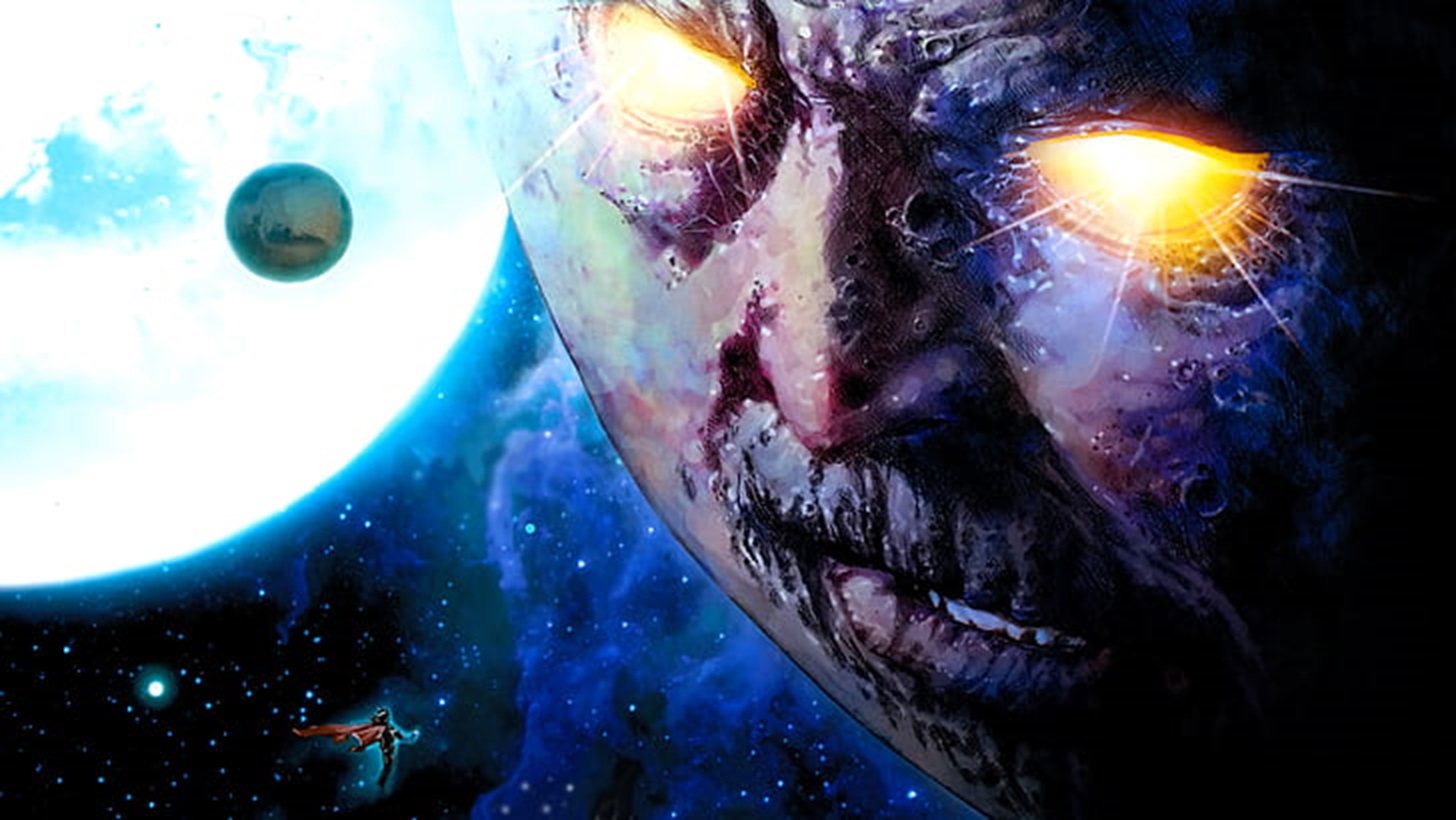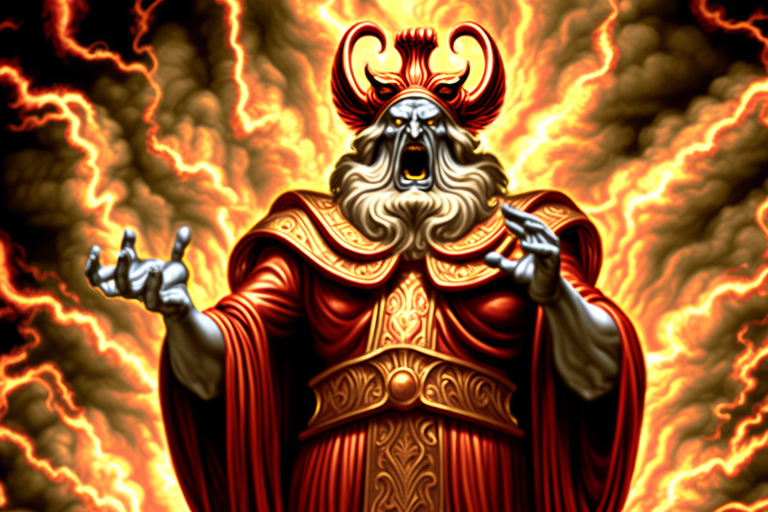Thought is like a room with trick doors so that every time you leave the room you find yourself right back where you started. Only there’s another trick in the mix too – another trick which means that we don’t ever realise that we have come back into the same room. We keep on imagining that we’re somewhere different, somewhere fresh and new.
The fascinating thing about this is that it is perfectly, immaculately impossible for thought to work this out about itself. This is a systematic error, an invisible error, an undetectable error. No amount of analysis can ever throw any light on this – the simple fact of the matter is that thought can never see itself for what it is. Thought can never have insight into its own nature – it is quite, quite blind in this respect.
Thought is like a droning voice in our head that continuously tells us ‘everything about everything’. There’s nothing that it doesn’t have an opinion on, and as far as it is concerned this isn’t mere ‘opinion’ either, it’s an objective statement of fact. We place absolute trust in thought to tell us everything we need to know about and thought – in its turn – is more than happy to oblige, and yet, bizarrely, thought is utterly blind with regard to its own nature!
There are echoes here of the Gnostic text the Hypostasis of the Archons where Samael (which means ‘god of the blind’) declares that he is the Creator of All, and that no authority exists above him. This ancient Gnostic text might seem obscure in the extreme to us but it comes closer to articulating psychological truth than anything we moderns have ever come up with. We moderns have let ourselves be defined by thought, after all. We are thought’s puppets, thought’s playthings, and we have no ability to question our master.
Whatever authority we have for making statements about things we derive from thought and thought derives whatever authority it has from its absolute lack of insight into its own strictly provisional nature! Thought is as confident as it is because of its ignorance of itself, in other words, and ‘confidence’, in this connection, is entirely too mild a word to use. What we’re talking about here isn’t so much a case of ‘confidence’ (or even ‘overconfidence’) but rather it’s an out-and-out fascist dictatorship.
Because we align ourselves so closely to thought (just like a limpet aligns itself to the surface it is clinging to) we are unable to see the inherent fatuousness of the rational outlook and because we have zero insight into this fatuousness we are taken in completely by its very great confidence. Because we are unable to see that thought’s certainty in itself is due entirely to the way in which it can’t question itself (or isn’t able to ‘look into itself’) we automatically become subject to its heartless tyranny.
The reason we can say that thought is ‘essentially fatuous’ is simply because of the way it works. Thought – if it is to work at all – has to work off a baseline. It needs a platform. There has to be something rock solid and certain there to use as a basis, to use as an unmoving reference point. The authority that rationality has to say this and that about the world derives wholly from the presumed reliability of this baseline, this reference point. Without this ‘unquestionably true basis’ there can be no thinking activity – there can’t even be a first step in this direction. Logic cannot come into existence.
This is where the problem lies therefore since in reality there is no such thing as a baseline, no such thing as a fixed or unquestionable reference point. Thought’s authority is thus based on something that doesn’t exist, something that could never exist. Thought’s very great authority is based on something that doesn’t exist and so too – therefore – is the sense of security that our belief in thought creates for us. The whole thing is a house of cards. Thought always has to work off a baseline and there are no baselines other than the ones it itself creates, and this is why rationality – as solid as it may appear – is always fatuous.
Thought works by extrapolating from a definite baseline and because there are no definite baselines this means that thought is extrapolating from an unreal position, projecting from an unreal position. Anything that doesn’t agree with its extrapolation is ignored by thought, dismissed by thought. We obtain our confidence, our ‘sense of security’ not from examining the real world, or relating to it honestly, but from completely ignoring it! We get our sense of security from steadfastly refusing to question our basis, from taking our half-assed assumptions on the matter totally for granted, which essentially means believing that reality must be ‘whatever we guess it to be’.
The room that we can never leave is the unreal baseline, therefore. The reason we can never leave this room is because everything we think and purposefully do is an extrapolation of this unreal baseline; we bring it with us wherever we go. Every situation we bring about, every situation we choose or create is a faithful extension of our imaginary starting-off point, and this is just another way of saying that it IS our imaginary starting-off point. We can never leave it behind, not by our own agency, at any rate. We can never escape the tautology.
We can never exit the room we’re in (any more than we can successfully check out of the Hotel California) – every door we go through brings us straight back to where we started off from, every door we go through is a revolving door. We can never leave because everywhere we go is that very same room, that very same unreal starting-off point, but we can’t see it because thought fools us with its superficial novelty, with its never-ending formulaic ‘variations on a theme’. Thought is like fashion – tiresomely reinventing itself every season. Thought tricks us into believing that we’re in a new situation when we’re not. The unreal situation that we can never leave is endlessly disguised, endlessly camouflaged, endlessly repackaged and this means that we never spot the hoax that is being perpetrated upon us.






